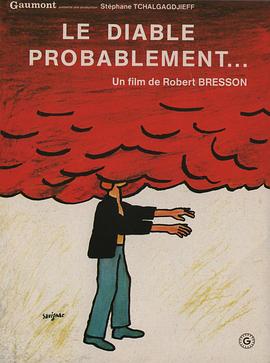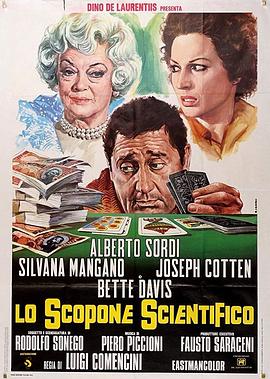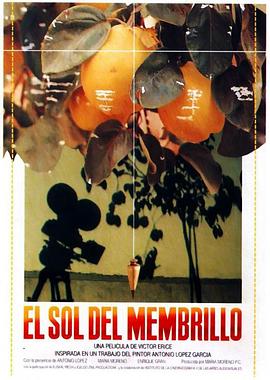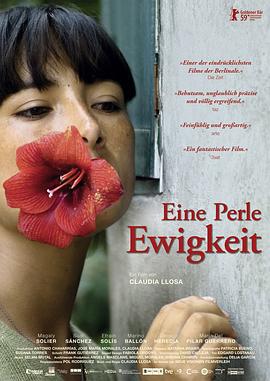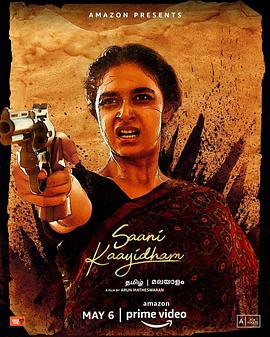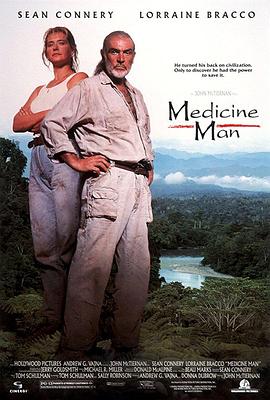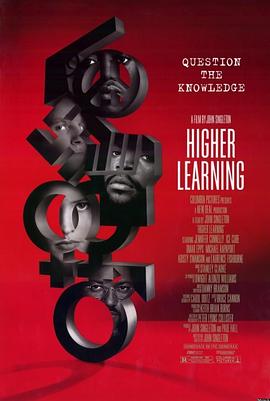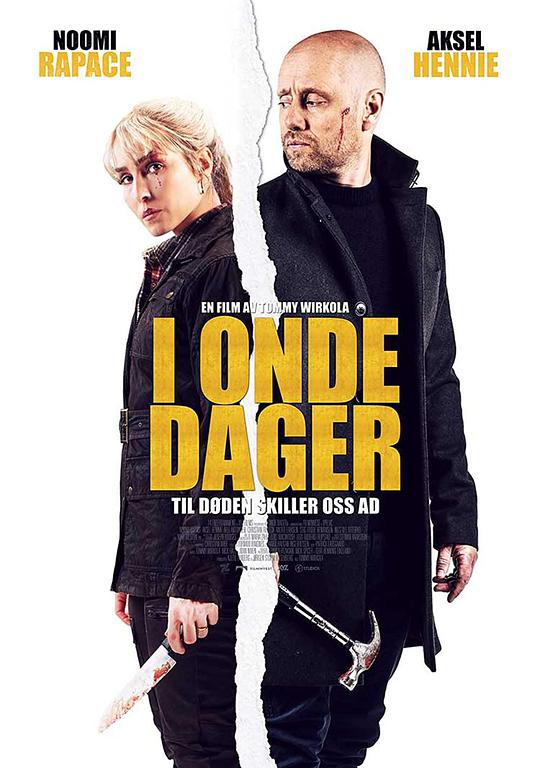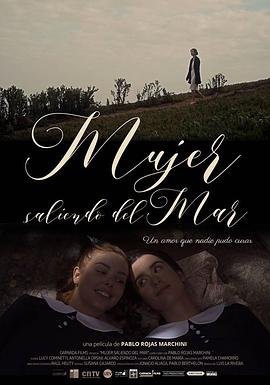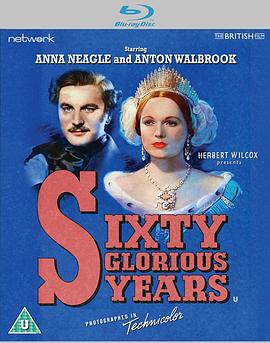-
备注:已完结
类型:电影
主演:Antonio López García Marina Moreno
导演:维克多·艾里斯
语言:其它
年代:未知
简介:《温勃树阳光》,又名《光之梦》,西班牙导演Victor Erice 1992年的闷骚作品,在当年的戛纳获评委会奖。 在《十分钟年华老去》里,Victor Erice贡献了一段最迷人的短片,他是那种可以让时间在影片里停留的人,所以我对他一直抱有浓厚兴趣。 然后看到了这部《温勃树阳光》。影片讲述,或者说再现、参与了一位画家——Antonio Lopez创作一幅新作品的过程。他画的对象就是一棵结满果实的温勃树。 一棵树,一个人,一幅作品,整部影片就是在阐述这个关系。它们是互相依存的,但又有各自的生命,只是在这部片里,它们结合到了一起。 导演最基本的手法有两种,固定镜头、叠化。比如画家走进屋里,挑选木板,制作画架。这一系列动作,主要是通过某一角度的固定镜头(基本是标准镜头吧)拍摄下来,然后在同一机位进行叠化,目的是省略、压缩了时间。 这种手法贯穿了整部影片,我们可以在后面看到,比如在后院拍摄的大全景,包括了那棵树、画架,它们都在同一画面里经过了秋天、冬天和春天。在这些镜头里,你会看到被导演“留在胶片上的时间”。 这种方法并不难做,但需要耐心,很好的耐心。 除此之外,导演另一个留住时间的方法,就是细致入微地用摄影机观察画家的创作过程。从他拿起画架到后院,选定与温勃树的距离,为自己脚的位置打钉子定位,在果树上用画笔涂上标记——等等一系列细致的有条不紊的近景、特写,捕捉每一个动作和眼神。 这好像也不难办到,只要你足够细致,从容。 创作的一开始,总是充满激情的,影片的开始,也好像饱含活力。画家轻轻地哼着歌曲,愉快地调着颜料,你听得到画笔在画板上的刷刷声,风吹动树梢的声音。房子里工人在装修,收音机里传来新闻,火车穿过原野,太阳在云层里略过。这一系列素材在Victor Erice的片子里,都是以相当自然的面目呈现。它只表现了一种东西,就是生活。 影片接下来的段落,是漫长的、甚至有些无趣地创作过程,时间一天天过去,画布上的树叶和果实慢慢增加着,画家与家人聊天,与朋友聊天,边聊边画,一聊就是好十几分钟。摄影机完全纪录下来这些闲话,镜头里全是自然得到有些“简陋”的光线,甚至都像是用DV拍出来的效果。机位也就是那两个,切来切去。时间在这些片断里,被拉长了,放大了,观众体味到细腻,也体味到了乏味。导演就是这样,让你代入到一部艺术作品诞生的过程。 看着看着,我以为自己真是在看一部纪录片,里面的人物、事件,在导演的耐心和细致下,显得那么自然。每件事物都在以自己的节奏,有条不紊地滋长着,包括画布上的作品,包括在一边静静观察的摄影机。 十月的马德里,光线变幻莫测,画家总是找不到自己最喜欢的那种阳光照在温勃树上的效果。然后是阴天、暴雨,画家在经过多天的拉锯后,决定放弃进行到一半的油画。重头开始,画素描,这样就不需要受到天气的限制。 我不再复述影片内容了,这就像与人谈论自己生活一样,充满了琐碎的片断。《温勃树的阳光》展示了一个创作的过程。一个时间的过程,同时也是空间的。因为它包括一个艺术家与环境的互动,这个环境不光包括了那棵温勃树,还有他的家人,来访的朋友,自然风雨,做画时突然叫起的狗声。这些都很和谐,唯一刺耳的是收音机里播放的战争新闻,它与这个后院里呈现的氛围格格不入,并显得遥远。画家总想要捕捉住温勃树梢和果实上的阳光,但最后他也没能成功,只好改成素描,他说,生活总是这样,你必须得放弃一些东西。 画家对着树,在画布上创作;而摄影机对着画家,在胶片上创作。这个意味在结局的画面里表现得更加明显,这也是导演忍不住要表达自己观点的地方。 温勃树的果实成熟了,纷纷落地,这幅画已经很难再继续下去。画家把画架搬到了屋里,看着上面的树;家人和工人们吃着温勃果,讨论着它。导演在影片最后,让摄影机和温勃树出现在同一画面里,机器静静对着一颗落下的温勃果,上面白色的痕迹,是画家用颜料画上的标记。 《温勃树阳光》,节奏极其缓慢,所以从某种程度上讲,这是部大闷片来的,可能跟你的生活一样闷。
-
备注:已完结
类型:电影
主演:玛佳丽·索利埃 SusiSánchez EfraínSolís Mar
导演:克劳迪亚·略萨
语言:西班牙语 / 克丘亚
年代:未知
简介:2000年,秘鲁总统藤森宣布辞职,他的极权统治也从此结束。然而,因连年的恐怖袭击和高压统治,底层百姓的身心已经承受无数创伤。
-
备注:已完结
类型:电影
主演:凯瑟瑞·苏雷什 K. Selvaraghavan Murugadass
语言:泰米尔语
年代:未知
简介:The Story is purportedly based on real-life incidents which took place in the 1980s
-
备注:已完结
类型:电影
主演:欧玛·艾普斯 克里斯蒂·斯旺森 迈克尔·拉帕波特 詹妮弗·康纳利 艾斯
导演:约翰·辛格顿
语言:英语
年代:未知
简介:美国哥伦比亚大学迎来了新一届学生。黑人青年马里克(Omar Epps 饰)拥有极高的运动天赋,为了得到全额奖学金,他必须拼命训练取得优异成绩。超级大四学生富吉(Ice Cube 饰)的愤世思想深深影响了马里克,他对自己的前途倍感迷茫;白人女孩克莉丝蒂(Kristy Swanson 饰)对大学校园的一切都感到新鲜,在一次狂欢醉酒后,她遭到强暴,从此投身于女权运动中;来自爱达荷的白人男孩雷米(Michael Rapaport 饰)木讷保守,与周遭格格不入,偶然机会他结识了几个光头党的朋友,在偏执的路上越走越远…… 本片荣获1996年美国有色人种大奖NAACP Image Awards最佳男配角奖(Laurence Fishburne)。
-
备注:已完结
类型:电影
主演:Lucy Cominetti 鲁兹·克罗萨托 álvaro Espin
导演:Pablo Rojas
语言:西班牙语
年代:未知
简介:Valparaíso, Chile, 1933. Years of psychiatric treatment and a seemingly happy marriage will not take away Elisa's memory of that youthful love. So, when some years later, Rebecca becomes a beautiful feminist, Elisa's fragile world will collapse in front of her eyes. 美丽少女与她的同性恋倾向主治医生婚后又与学生时初恋女伴重逢的故事。画面美丽,结局可怕。
-
备注:已完结
类型:电影
主演:Anna Neagle Anton Walbrook C. Aubre
语言:英语
年代:未知
简介:Sixty Glorious Years is an exercise in the creation of iconography, both for Victoria and its star, Anna Neagle (who subsequently became known as 'Regal Neagle'). Just as Elizabeth I commissioned artists to create flattering iconic images for public consumption, so this film performs a similar function, for Neagle is more beautiful than the real life Victoria. Controversial events (such as the 'Irish problem') are omitted and unpleasant aspects of Victoria's character (her petulance, arrogance, favouritism and 'right to privilege') are glossed over as endearing little 'whims'. Albert acts as a moderating influence when she goes too far. The film followed a year after the highly successful Victoria the Great (d. Herbert Wilcox, 1937). Again the screenplay is by Miles Malleson and Robert Vansittart, and many of the supporting cast (the cream of acting talent of period) repeat their roles, this time for the colour cameras. This was the first full length Technicolor film of cinematographer Freddie Young, who captures the spectacle of royal weddings, grand balls and opulent interiors, with scenes actually filmed at royal palaces. Vivid battle scenes, set in Alexander Korda's empire territory (Sevastopol and the Sudan), rival those in The Four Feathers (d. Zoltan Korda 1939). The title music sets the tone a regal choir sings over a shot of the crown. Elgar's 1901 'Pomp and Circumstance' march is heard during the diamond jubilee celebrations and, as Victoria's coffin lies in state, the film concludes with Anthony Collins' stately music accompanied by the text of Rudyard Kipling's 'Lest we forget'. Combined with the emotional appeal of scenes of Victoria connecting with her 'ordinary folk', this is stirring stuff. The film connects with contemporary events of 1938. The release of two celebratory royal films was intended to boost public affection for the monarchy in the wake of Edward VIII's abdication. Anglo-German relations were another touchy subject. With another war on the horizon, influential voices wanted appeasement, and the film could be seen to fit that agenda. Victoria herself was of mainly German descent, nicknamed 'the grandmother of Europe', while Albert is a 'good German', charmingly played by Anton Walbrook as a cultured, decent man. Sixty Glorious Years now seems unduly formal and reverential. Had movies existed during Victoria's reign (they only emerged at the end) this might have been the kind of film produced. Unlike Mrs Brown (d. John Madden, 1997), it is all so very 'Victorian'. Roger Philip Mellor
